As more metroidvania games come out, we're seeing fewer of them resemble the originators of the subgenre--Super Metroid and Castlevania: Symphony of the Night--and more that clearly take inspiration from those that came after. Bō: Path of the Teal Lotus is one such example, with tons of clear parallels to Hollow Knight in terms of both gameplay and narrative. In a few ways, this works extremely well for Path of the Teal Lotus--if you're going to take inspiration from a game, do it using one where there's a lot of good stuff to build on. However, Path of the Teal Lotus pales in comparison to its inspirations by making mechanics and features that were already problems in Hollow Knight, like an unclear map and frustrating platforming gauntlets, worse. It makes for an altogether decent-enough game if based solely on its own merits, but one that doesn't stand out at all when held up against its juggernaut contemporaries.
In Path of the Teal Lotus, you play as the titular Bō, a celestial blossom charged with fulfilling an ancient prophecy and defeating a terrifyingly large monstrosity after falling from the heavens. Armed with a bō staff, Bō must traverse and fight their way through picturesque locales, meeting characters and fighting monsters inspired by Japanese folklore. It's an incredible narrative tee-up, but one that comes after hours of coy character dialogue and not much in the way of direction beyond "go get this ability to get to the next area." Path of the Teal Lotus' story takes a long time to get going, leaving the first half of the game feeling directionless. And once a story does start falling into place, the game is already heading toward its conclusion, culminating in an overall narrative tempo that initially feels far too slow before becoming rushed and difficult to follow.
 This is a gorgeous game, especially the urban hub area.
This is a gorgeous game, especially the urban hub area.And I wanted to get lost in this game's world. Path of the Teal Lotus is a beautiful game, featuring a colorful, hand-drawn 2.5D style that incorporates vibrant greens, electric blues, somber purples, and shining reds. Character and enemy designs are varied and pop against the backdrop, with details helping to highlight NPCs you want to talk to and enemy weak points you want to bash. The world relies on the tried-and-true method of associating a specific color with each location and then relying on said color to depict the same location on the map, reinforcing each distinct locale and the unique challenges you'll encounter there, whether it's the icy blue of a snow-covered mountaintop or soft pink of a sakura-filled forest.
Continue Reading at GameSpot

























.jpg)


































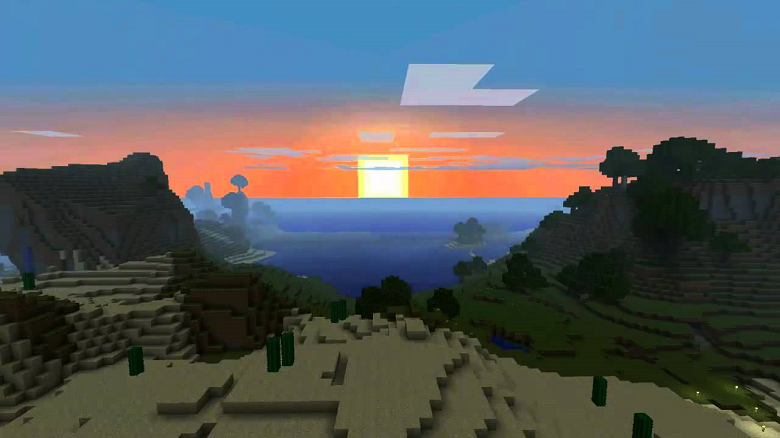

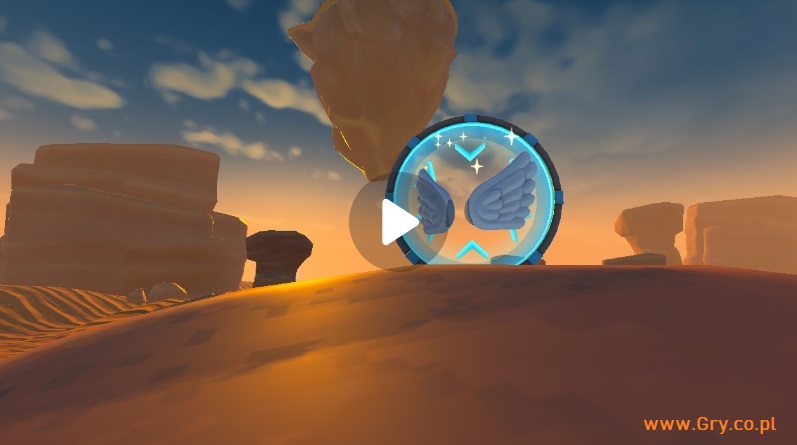


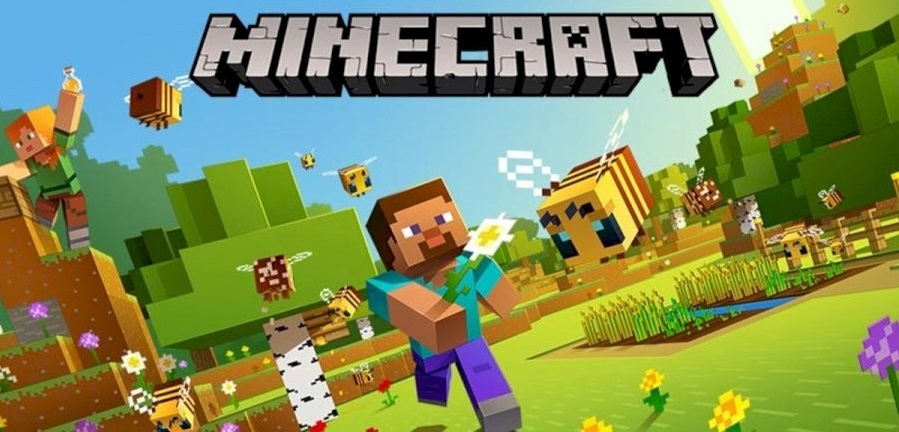
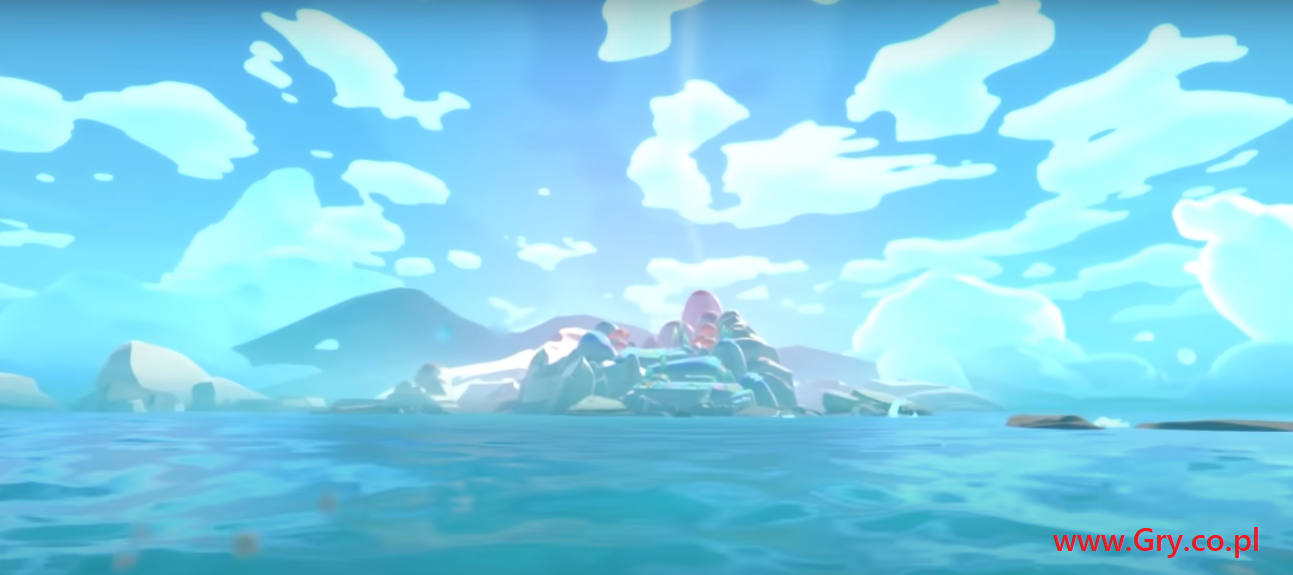


.png)

.png)

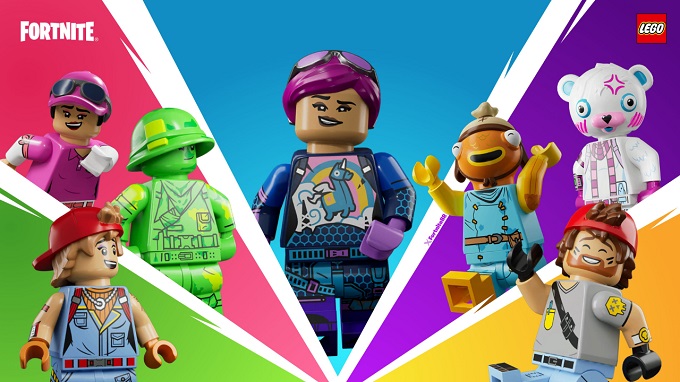
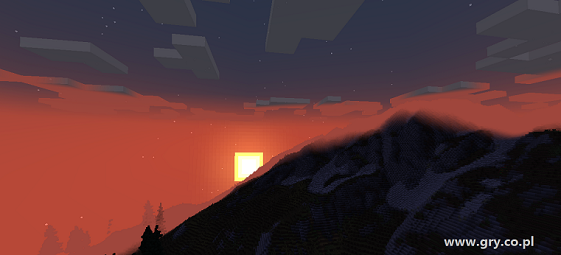






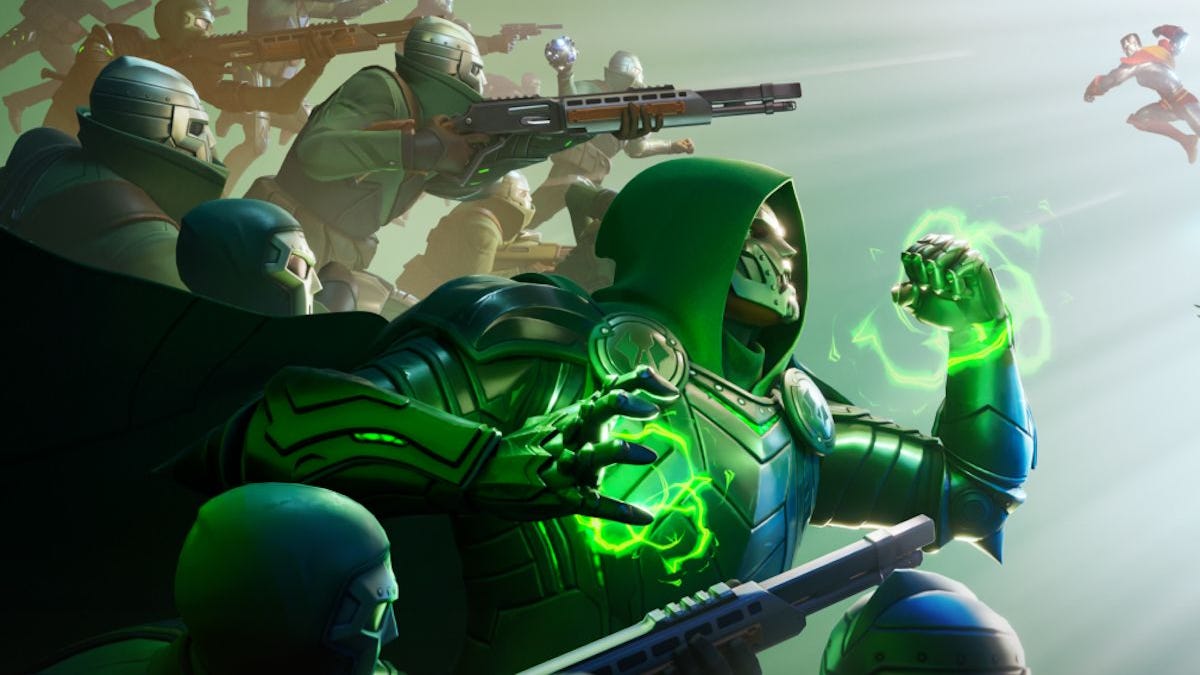



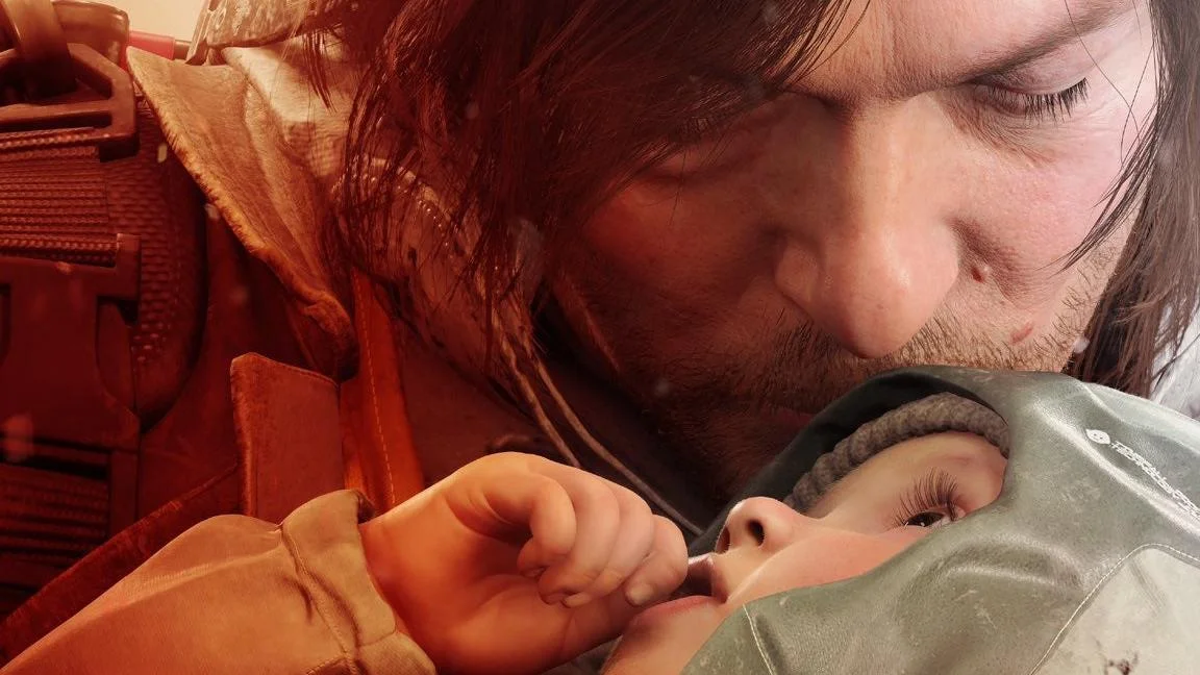
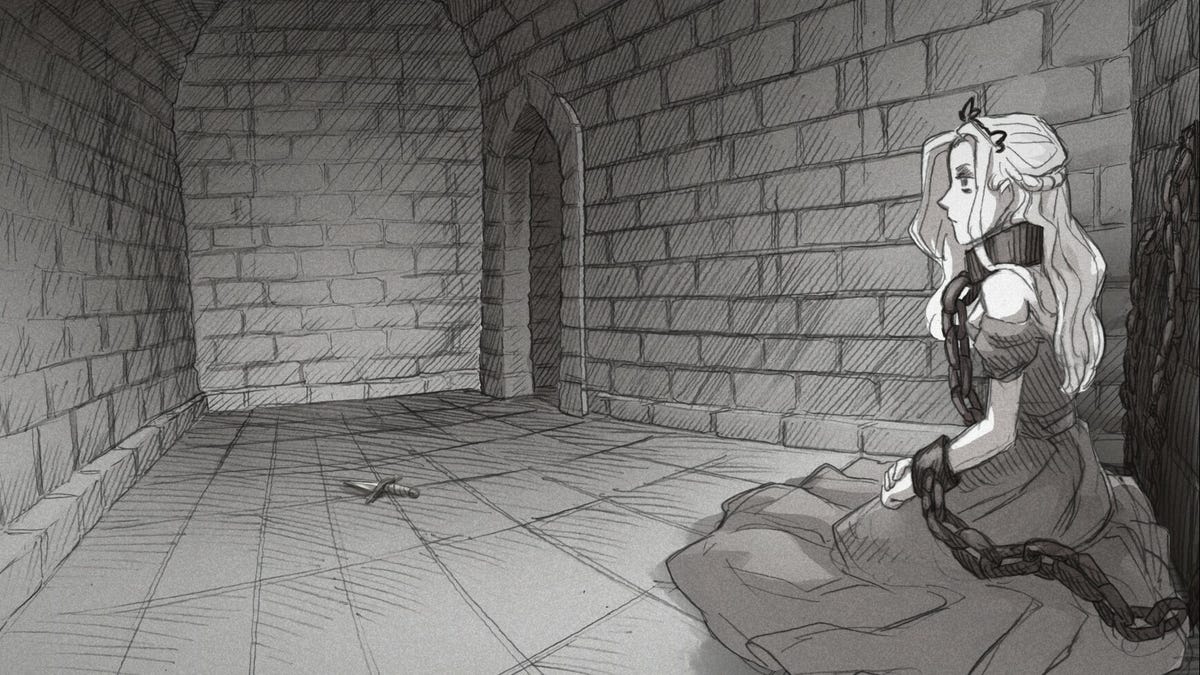




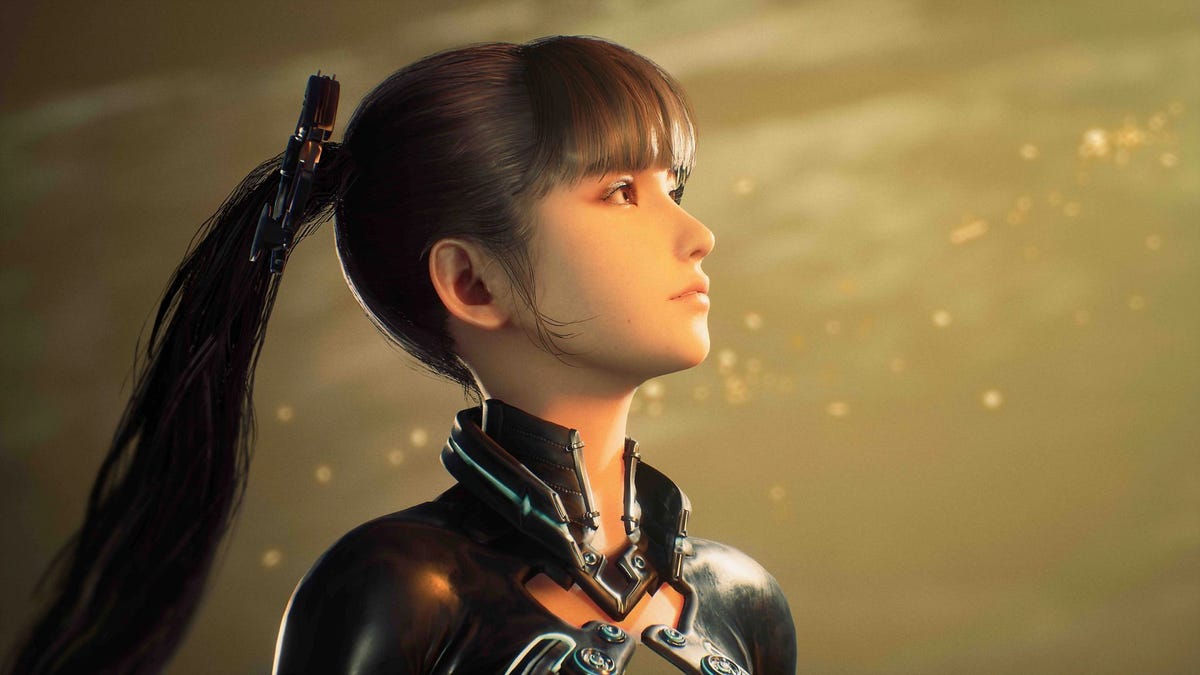

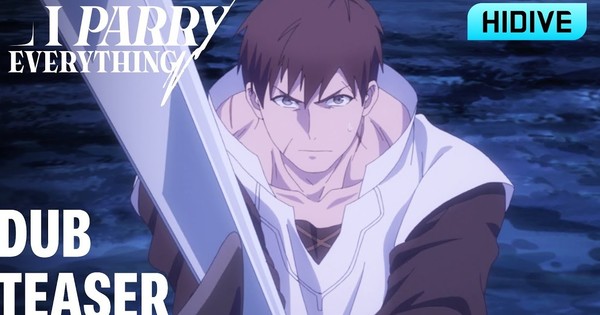
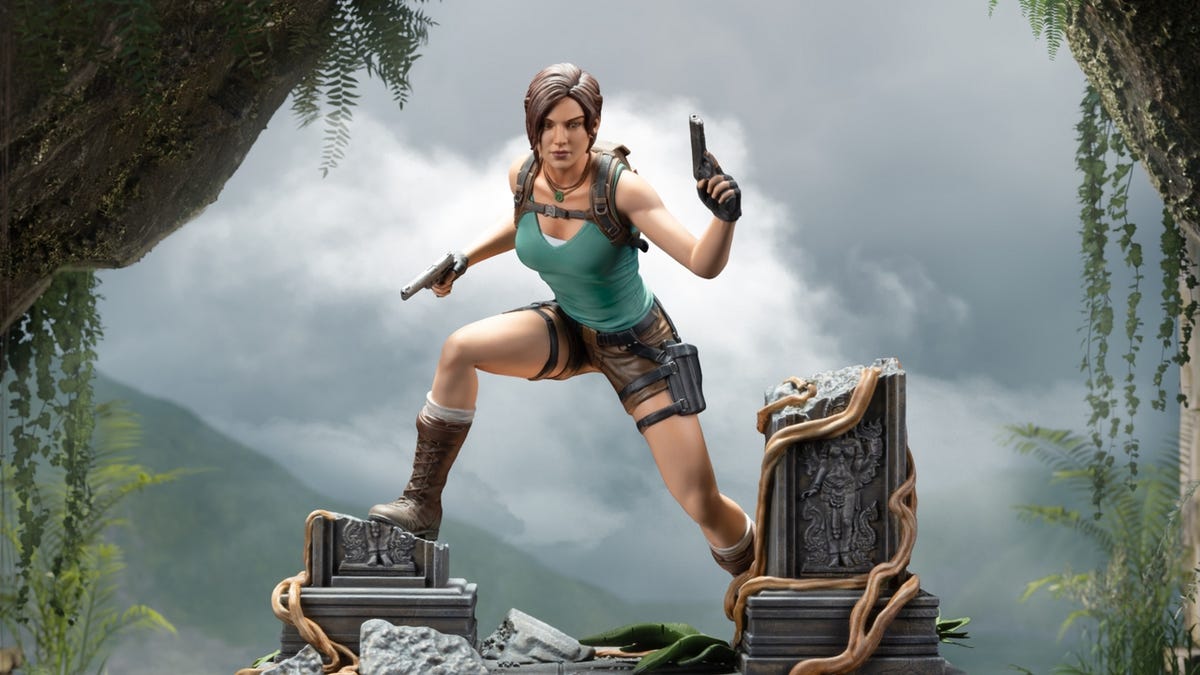


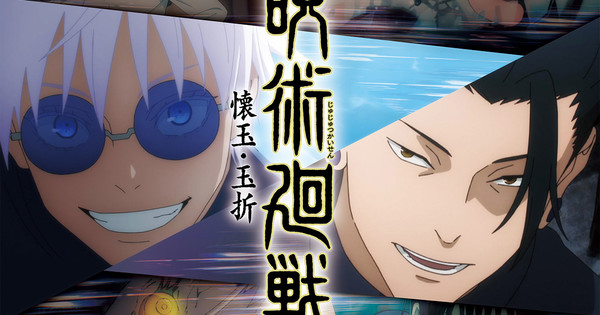
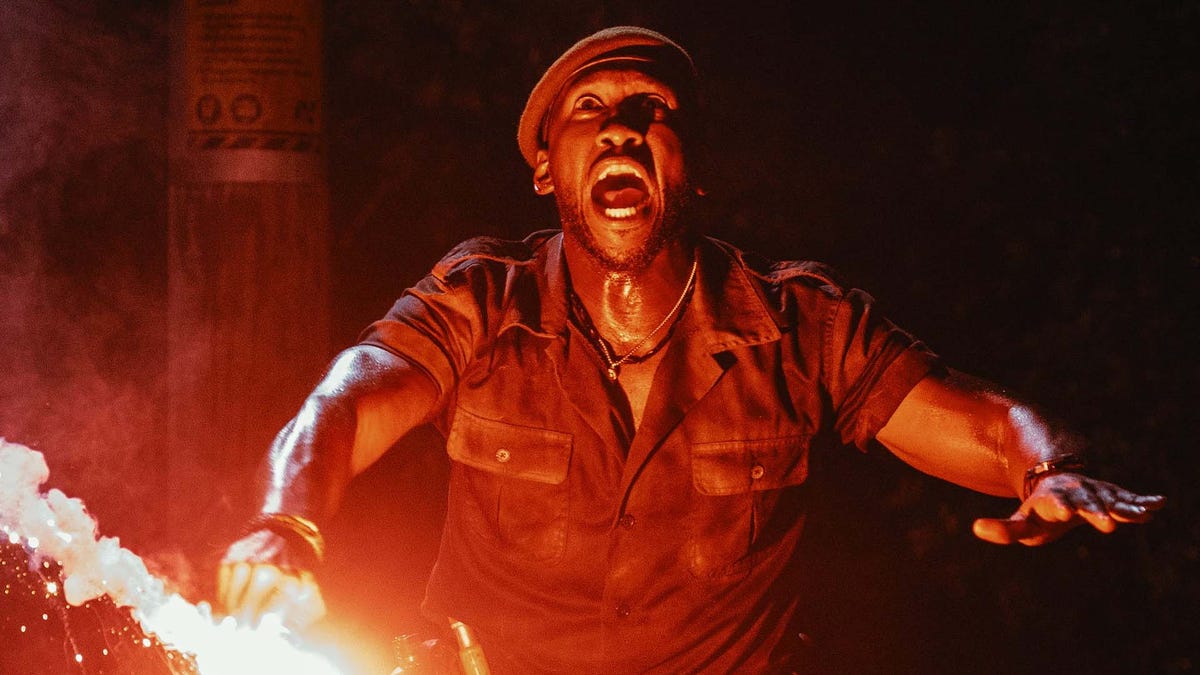

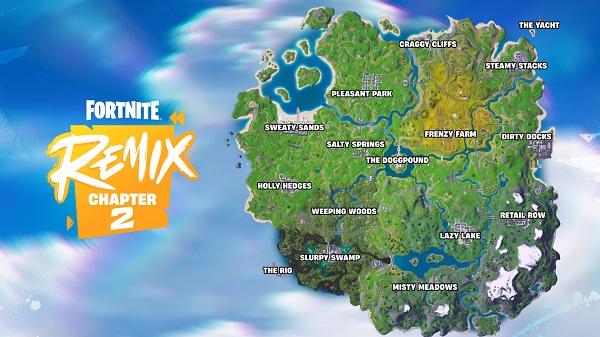
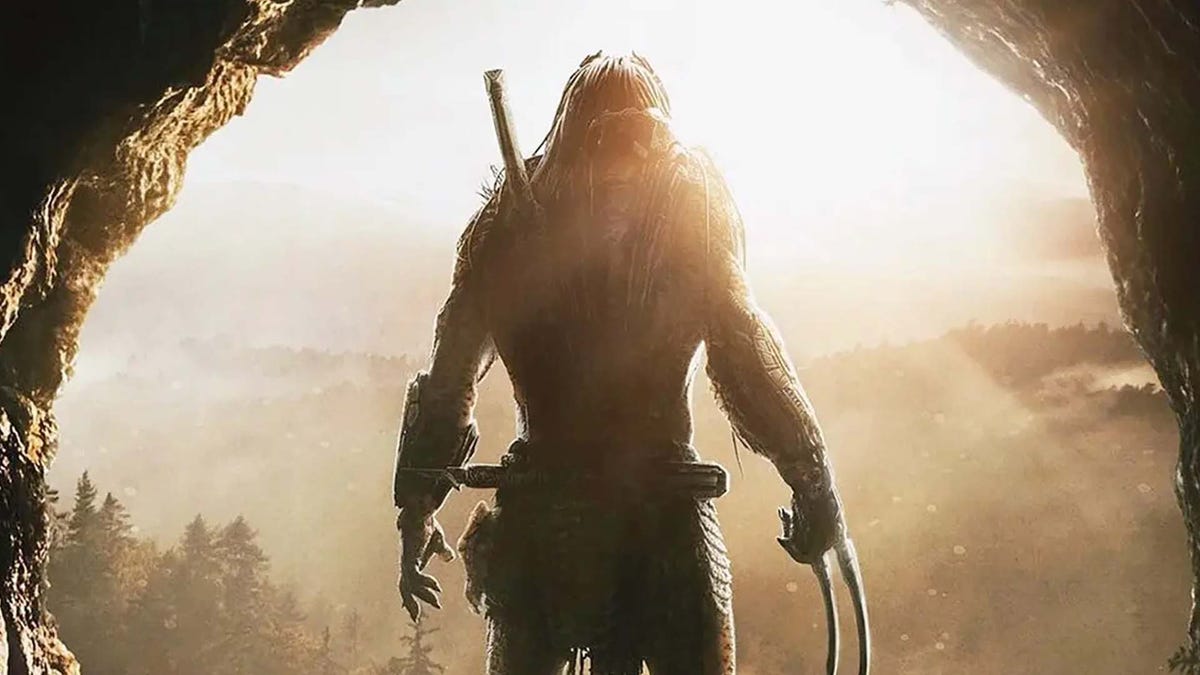
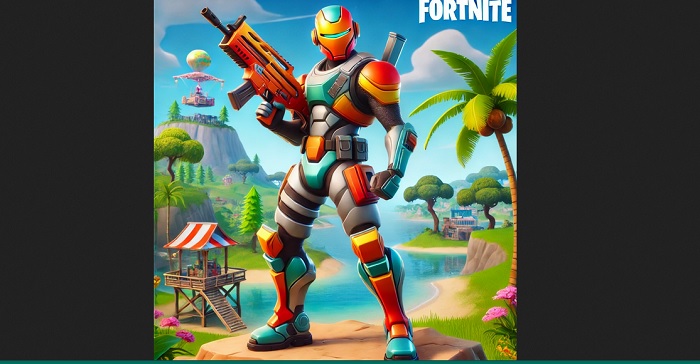
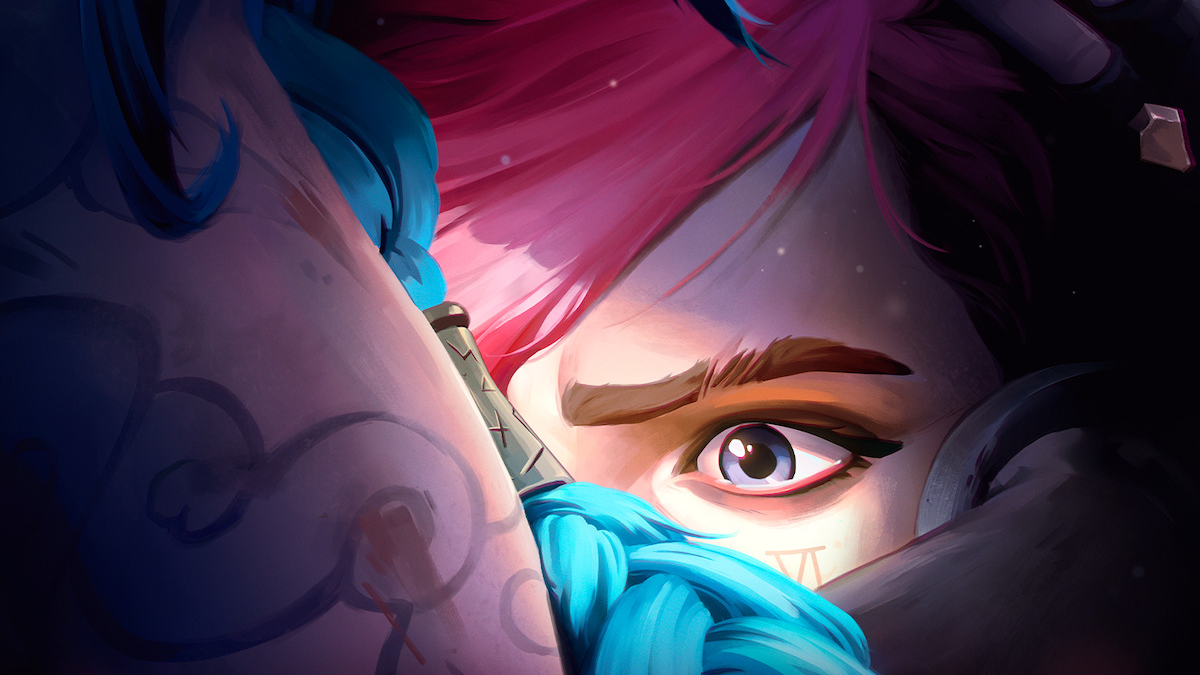
 Bengali (Bangladesh) ·
Bengali (Bangladesh) ·  English (United States) ·
English (United States) ·  Polish (Poland) ·
Polish (Poland) ·